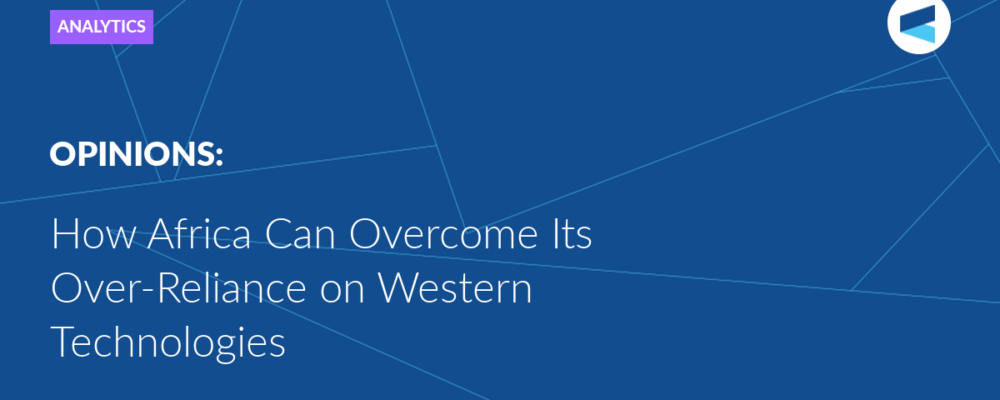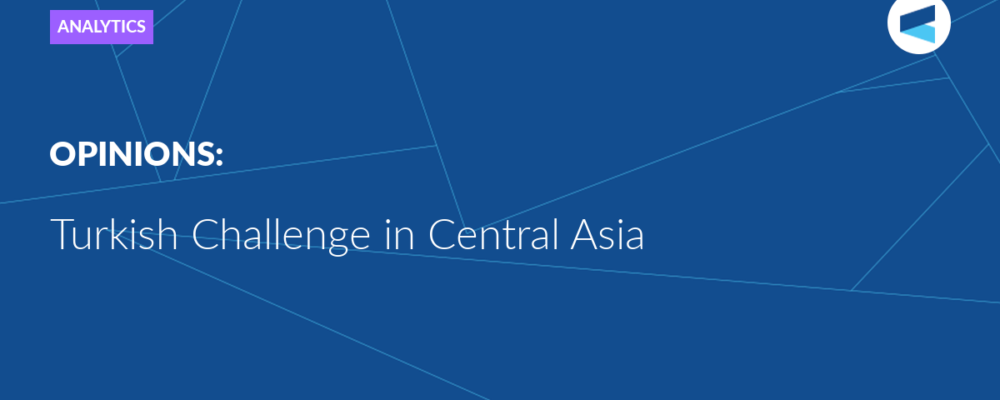On June 17, the Valdai Club hosted a discussion on the outcomes of the 50th
G7 Summit and its significance in terms of global politics. Andrey Sushentsov, moderator of the event, invited participants to consider how developments in international relations are likely to unfold over the months ahead.
Dimitri Simes, Channel One Presenter, Founder and ex-President of the Center for the National Interest (USA), briefly outlined the agenda for the G7 Summit. He emphasised that, at present, the West has the impression that a military victory for Ukraine is impossible, but rather than leading them to embrace a more flexible approach to negotiations with Russia, it has compelled them to address the inadequacy of aid provided to Ukraine. As a result, the G7 has decided to increase its support for Ukraine and pressure on Russia, and this decision has strategic significance.
The second issue is related to relations with China. If previously, it was common to describe China as a “difficult partner,” this time it was treated as a potential adversary. Simes added that China is clearly next in line after Russia. Moreover, the economic considerations of the “globalist coalition” countries do not prevent them from escalating tensions both with China and with Russia.
Wang Wen, Executive Dean and Professor at the Chongyang Institute for Financial Studies (RDCY) at Renmin University of China and Executive Director of the China-US People-to-People Exchange Research Center, expressed concern regarding the potential consequences of the G7’s leadership if it continues to remain in power. He noted that based on the events at the recent summit, the G7’s approach to global governance seems to be detrimental to humanity as a whole.
Wang highlighted several issues within the domestic politics of the member countries, including a lack of inclusivity, support for hegemonic interests, hindrance of economic growth, and refusal to consider the interests of other nations. He further emphasised that these countries have lost their moral authority and instead appear to be the source of many global problems. Additionally, he pointed out that their share of the global GDP has significantly decreased.
In conclusion, Wang suggested that the era of the G7’s dominance is over and it is essential for the member countries to recognise this fact. He called for a more inclusive and collaborative approach to global leadership that takes into account the diverse interests and perspectives of all nations.
Radhika Desai, Professor at the Department of Political Studies and Director of the Geopolitical Economy Research Group at the University of Manitoba, stated that experts consider this meeting to be one of the weakest in recent years. Many of the participants were overly focused on their individual concerns. “If countries cannot establish rules for themselves, how can they expect to do so for the world?” she said. There is a significant difference between the potential and actuality, she added. Desai insisted that international relations shouldn’t be grounded in ideas about globalisation as they are currently understood in the West, but we must rather return to the concept of imperialism as a way to better understand current events. In her view, the G7 arose as an instrument for imperialistic control and the promotion of imperialistic interests, rather than as a unification of major economies as it claims to be.
Glenn Diesen, Professor at the University of South-Eastern Norway, argues that the Group of Seven is losing its significance and may no longer be representative of the global community. He sees any trends towards multipolarity as a threat to the G7’s position. The final statement of the summit expressed hegemonic tendencies, with the G7 countries seeing themselves as the “parents” of the rest of the world, who have the right to “teach” others how to live. In reality, however, the G7 has become simply one of many alliances, trying to maintain its outdated positions. Diesen summed it up by saying, “This is simply not an institution that can discuss the emerging world.” The G7 may still try to maintain its position as the hegemon, but it has already lost relevance. The power balance in the world may not have changed, but international organisations still need reforms to adapt to new realities.
Igor Istomin, Acting Head of the Department of Applied Analysis of International Problems at MGIMO University, described the current situation as extremely serious. He believes that the risks of a major conflict in Europe escalating into a global war are higher than they were at any point in the second half of the 20th century.
Istomin described the West’s escalation of confrontation with Russia as a sign of its desperation. He also noted that the slide towards conflict is happening almost blindly, making the situation particularly dangerous. It appears that the summit participants do not see any alternative to confrontation.
The Seven, a group of countries that can be described as the “directorate of the West”, endlessly lists the problems facing the West without offering solutions. At the same time, it is trying to attract the world majority to its side, but it is also unable to cope with this task.
The Valdai Discussion Club was established in 2004. It is named after Lake Valdai, which is located close to Veliky Novgorod, where the Club’s first meeting took place.
Please visit the firm link to site






